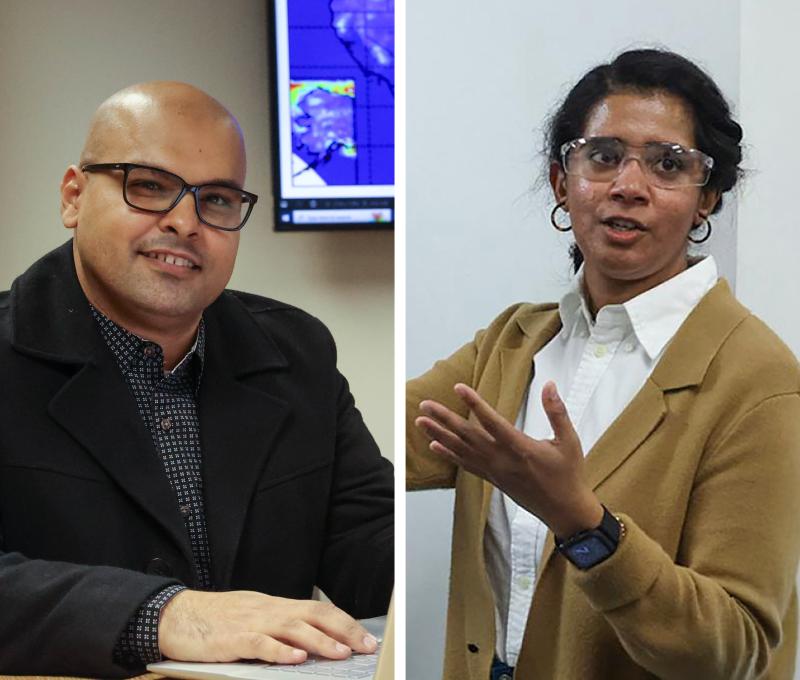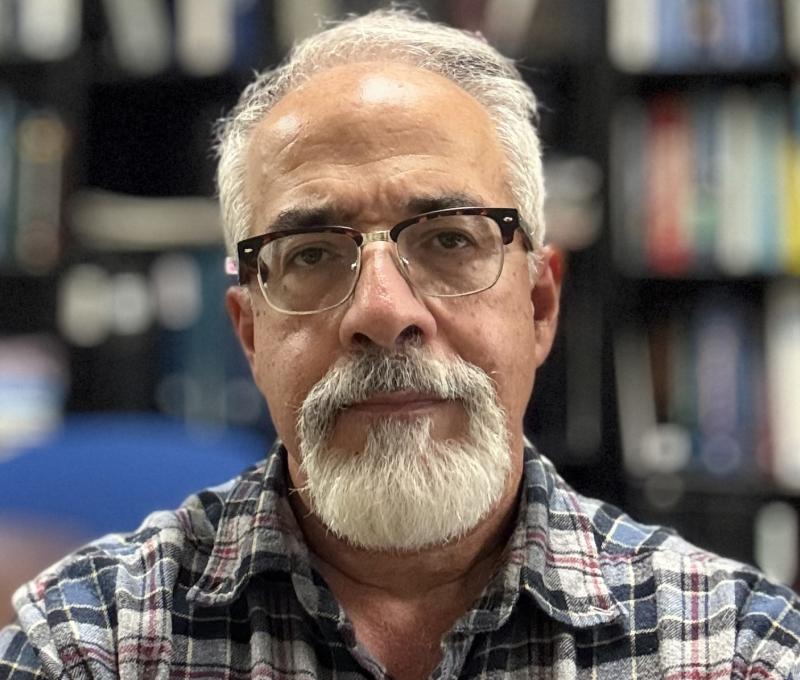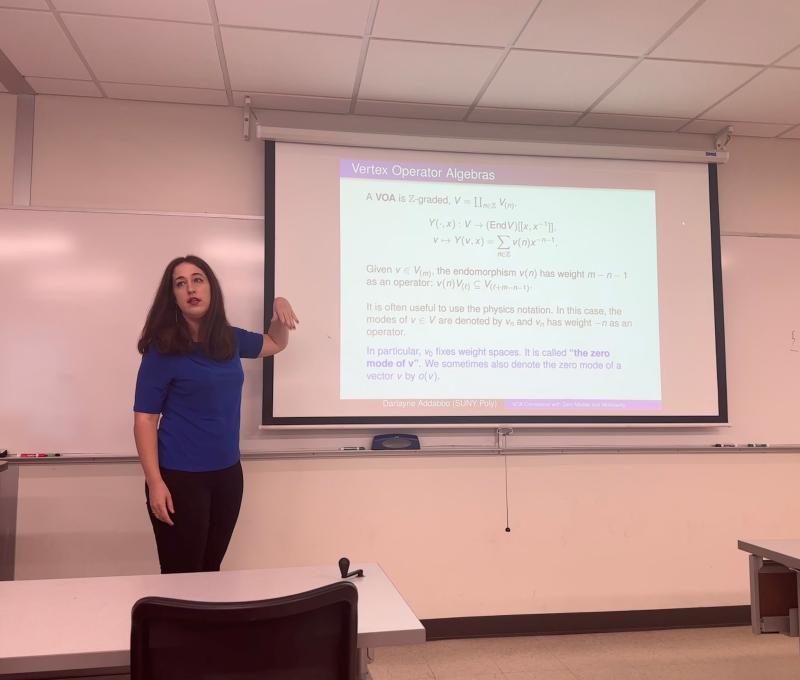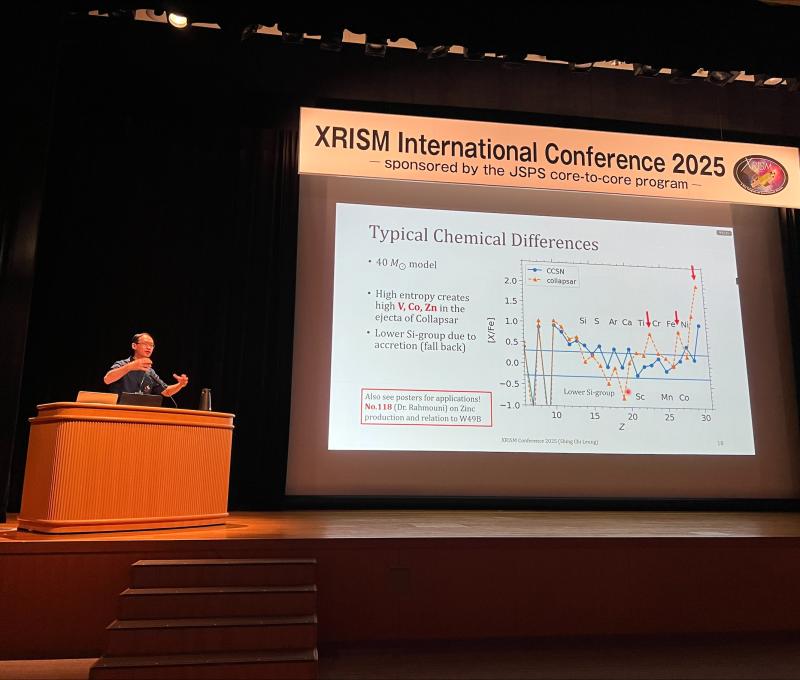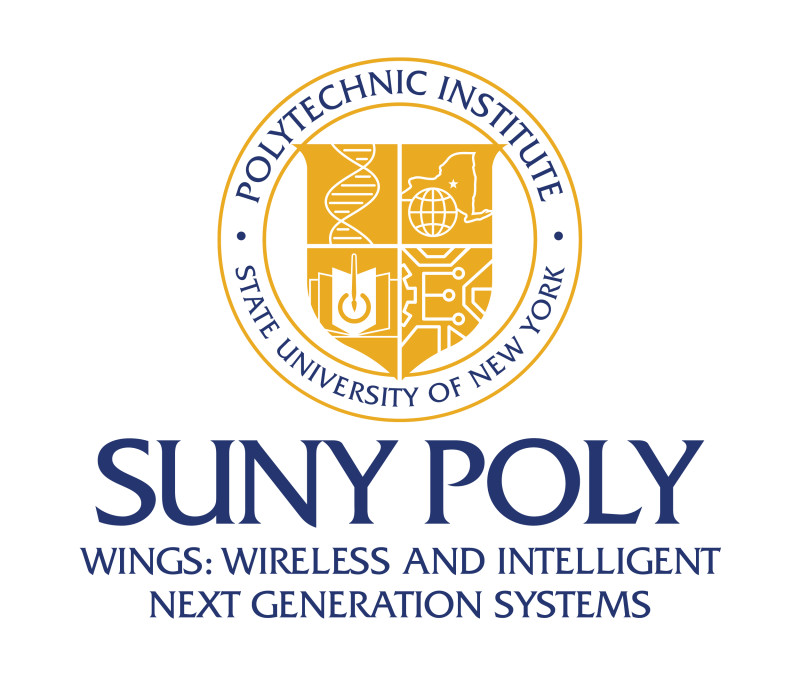SUNY Poly Professor Receives Grant to Study Real-Time Freeze-Thaw Cycle in Cold Regions

For Release: Immediate – January 9, 2019
Contact: Steve Ference, Director of University Communications | (518) 956-7319 | sference@sunypoly.edu
Across the Northeast, transportation infrastructure typically is affected by the freeze-thaw cycle each year, creating numerous potholes for drivers to attempt to avoid. This distress in the pavement arises due to the freezing and thawing of the subgrade beneath the pavement, and as drivers prepare for another season of potholes, Spectrum News recently spoke with SUNY Poly’s Dr. Asif Ahmed, College of Engineering Assistant Professor (video here), who is researching better ways to monitor this cycle to provide transportation experts with the valuable information they need to mitigate the annual infrastructure damage.
“Knowledge of the timing of the spring thaw allows highway agencies to reduce the damage caused during this season by enacting seasonal load restrictions,” said Dr. Ahmed. “One primary reason for seasonality not being included in pavement design by highway departments is because it can be complicated to determine the timing of seasonal changes and the actual depth of the pavement where frost can seep in and then thaw. There are models available to determine the depth of the frost and the timing of the seasons, but many of the models can be difficult to use or understand, making them fairly impractical for transportation infrastructure experts to proactively mitigate road damage.”
Dr. Ahmed and his team at SUNY Poly, which could include a number of students taking part in the institution’s upcoming Summer Undergraduate Research Program, plan to work to address these concerns through a more strategic and scientific approach, leveraging a new grant from METER Group, a leading sensor manufacturing company.
“We are excited to partner with Dr. Ahmed and SUNY Polytechnic Institute to simplify the job of infrastructure managers who protect roadways in northern latitudes. Testing our sensing and cloud solutions in this new application will provide us with important insights, and we look forward to seeing the outcomes,” said Dr. Colin Campbell, Senior Research Scientist of METER Group, Inc.
More specifically, the research supported by the grant aims to enable better predictions as to the timing of the yearly thaw. Knowing the timing is important for the maintenance of the roads because it allows highway agencies to reduce the potential damage by enacting seasonal load restrictions.
To provide these insights, Dr. Ahmed’s research team will focus on obtaining data from two suitable locations at SUNY Poly’s Utica Campus where they will install a number of high-tech sensors. His team will capture the real-time underground data for two years, and notably, the data may be more reliable and less time consuming to gather as compared to the current observation-based tests. Accurate prediction of the depth and timing of frost and thaw can be useful for the design and maintenance of highways in frost-susceptible areas and is especially critical for low-volume roads, potentially saving some of the significant maintenance costs associated with potholes not only in New York State, but across the nation.
“The American Society of Civil Engineers’ (ASCE) quadrennial infrastructure report card exhibited the grim picture of the nation’s backbone—road infrastructure obtained a “D” grade, which translates to poor condition from the most authoritative report, the ASCE Report Card, 2017,” said Dr. Ahmed. “This specific category has “C+” as its highest grade in the past 20 years’ record. While the national road infrastructure is in crumbling condition, this problem may be “solvable” by putting emphasis on prioritizing maintenance and repair to maximize the lifespan of the roads.”

